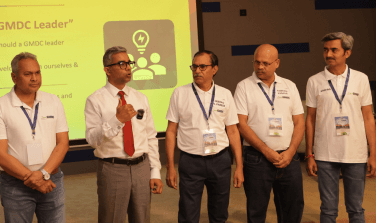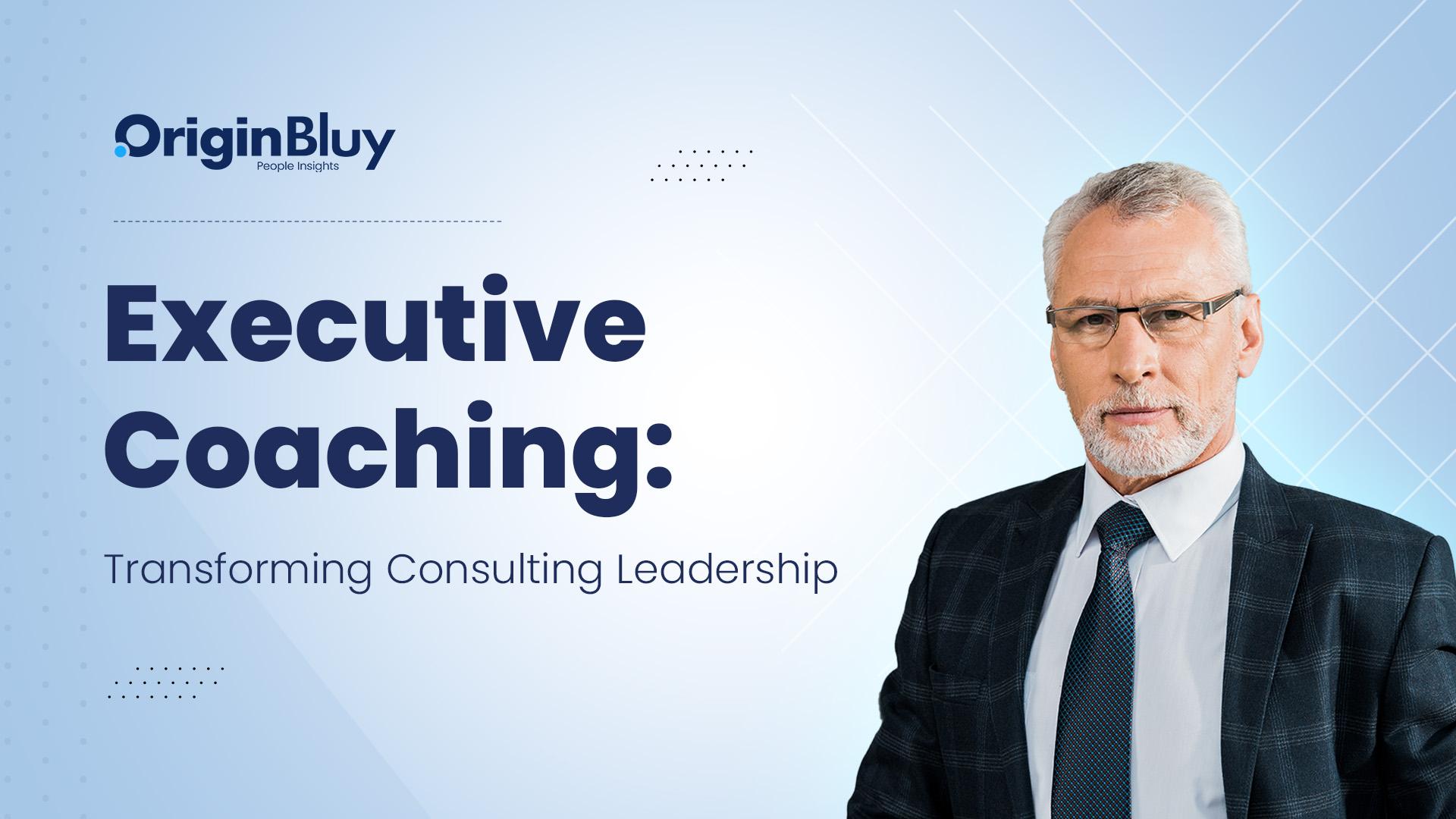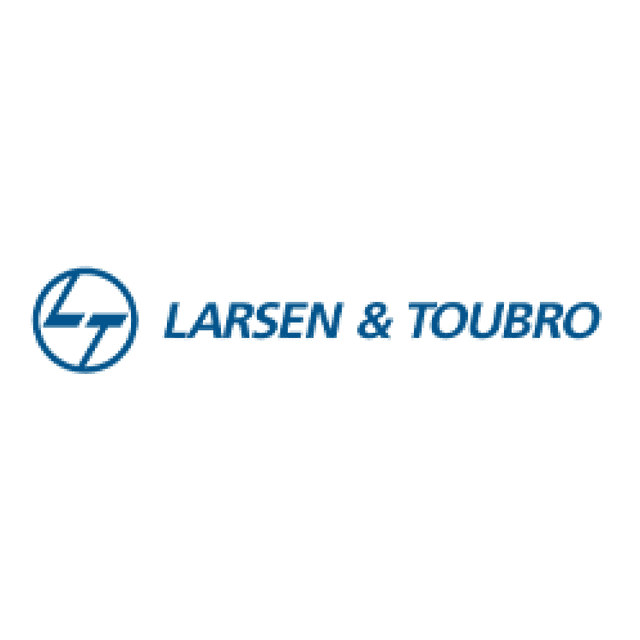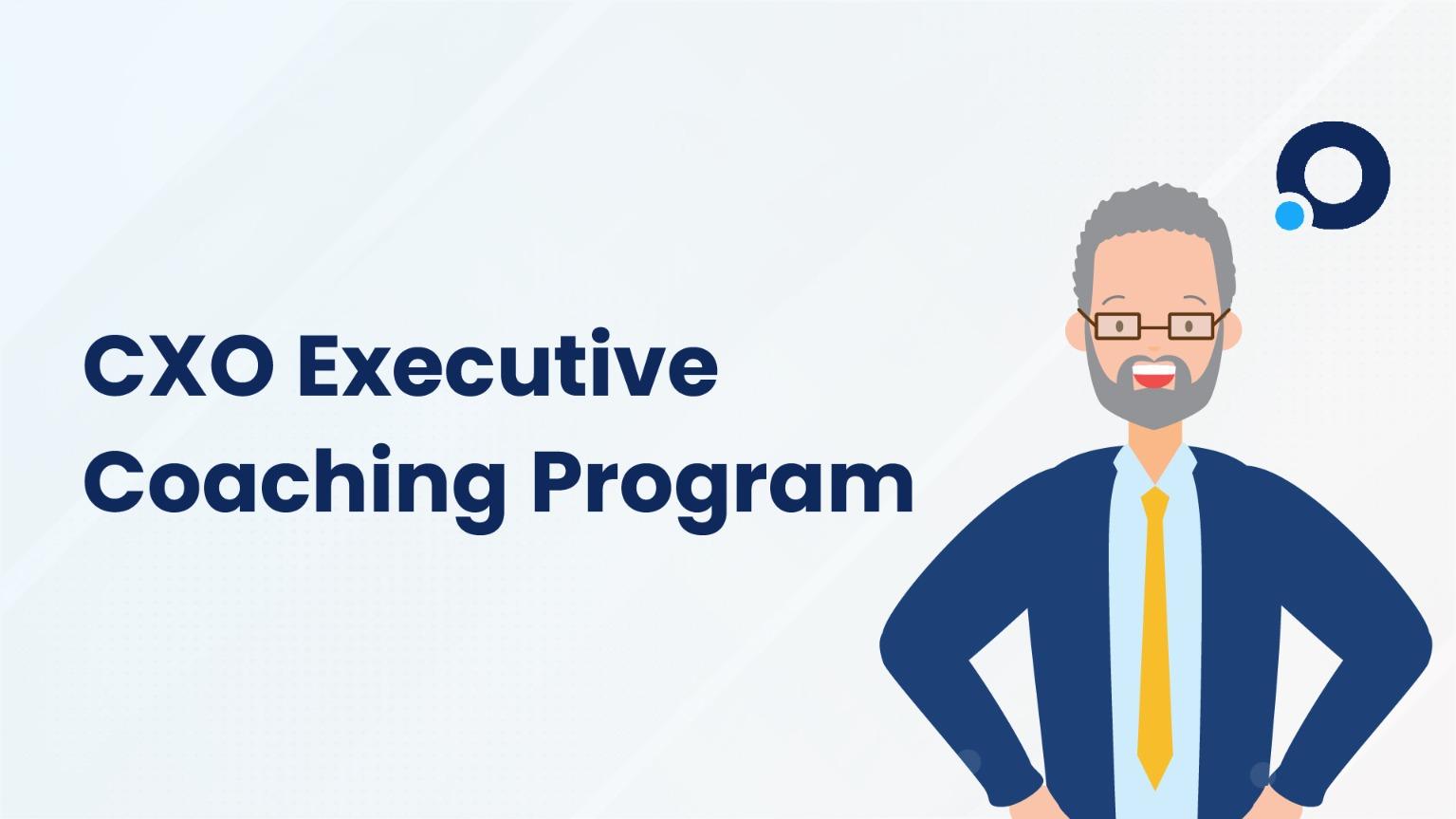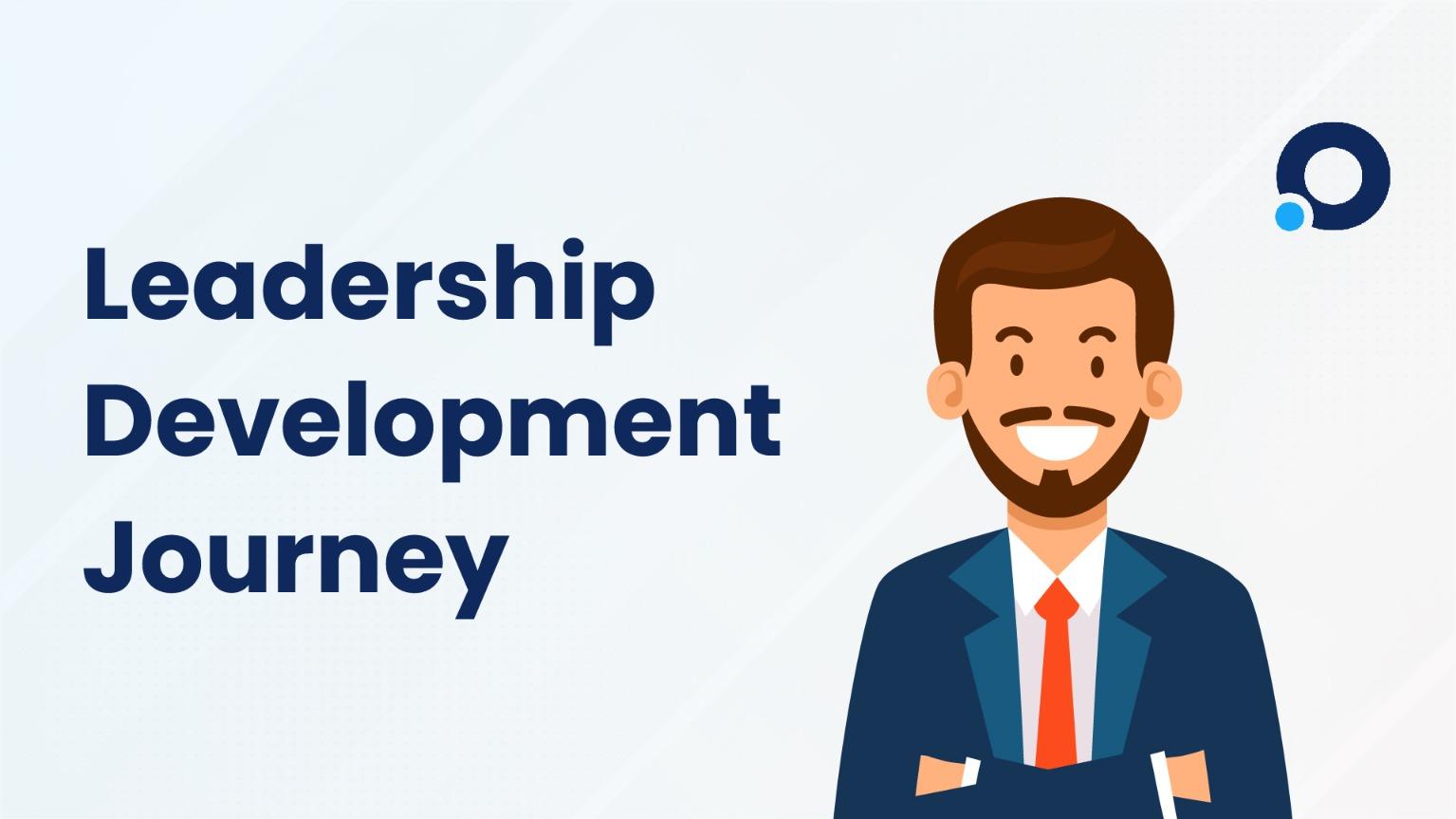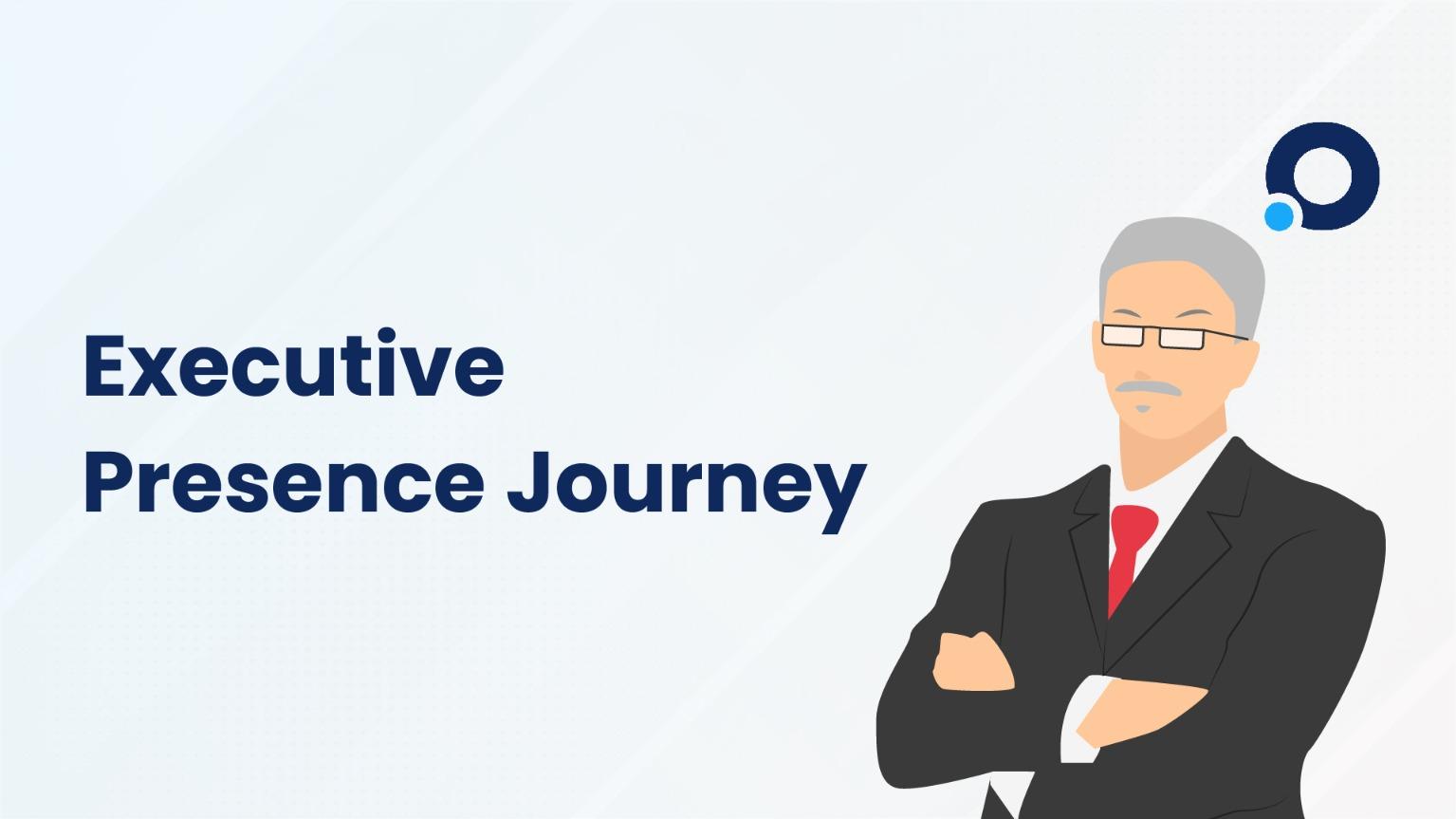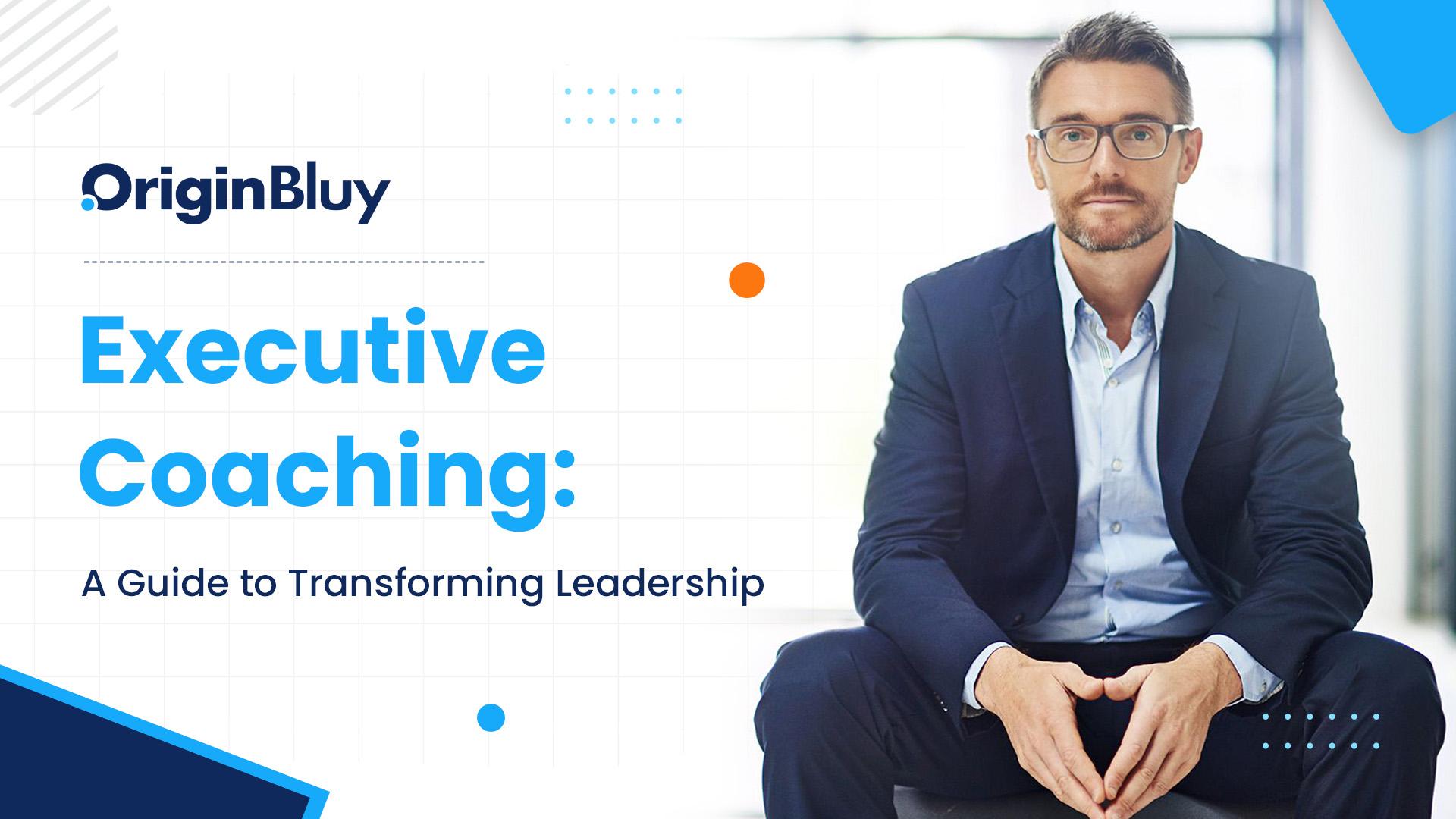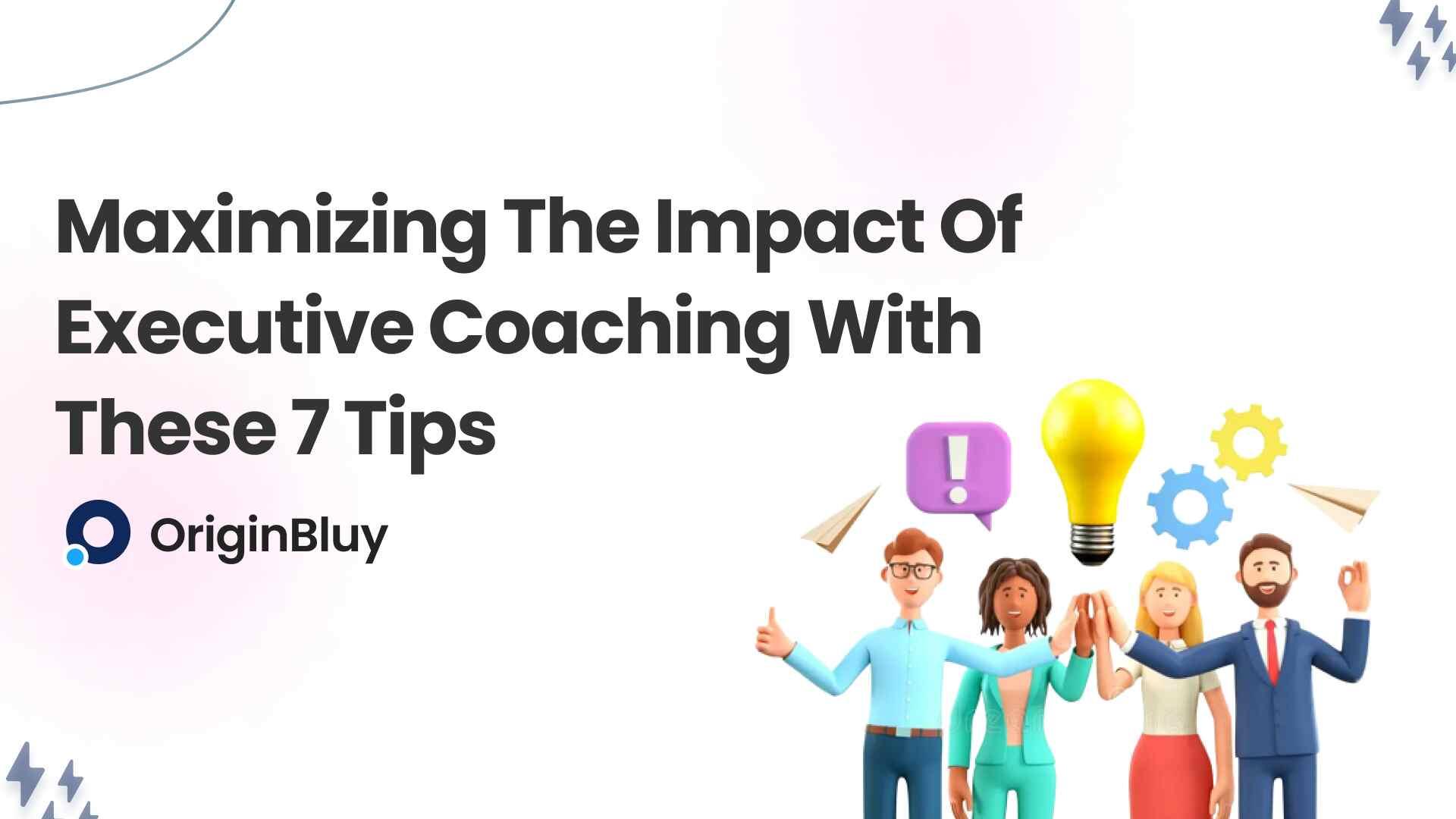Did you know that companies investing in executive coaching for their leaders often see a return on investment that's nearly 6 times the cost of coaching?
In today’s corporate world, where the margin for error is slim and the stakes are sky-high, executive coaching in consulting stands out as a beacon of growth and transformation. It's not just about honing the skills needed to navigate the complex challenges of today's business environment; it's about redefining what leadership looks like in the modern era.
As we dive deeper into the significance of executive coaching within the consulting industry, we uncover its unparalleled capacity to enhance leadership acumen, drive strategic innovation, and foster a culture of sustained excellence.
This journey is about more than just professional development; it's a transformative process that equips leaders to not only meet but exceed the evolving expectations of their roles, their teams, and their organizations.
Introduction to Executive Coaching
Executive coaching is a personalized development process designed to enhance the leadership, strategy, and execution skills of individuals in high-impact roles within organizations. This form of coaching focuses on the individual's current challenges and future potential, providing a supportive yet challenging environment to foster personal and professional growth.
Here's a deeper look into what executive coaching encompasses and its foundational principles:
1. Personalized and Goal-Oriented Approach
At its core, executive coaching is highly personalized, tailoring its methods and goals to the unique needs and objectives of the individual. This bespoke approach ensures that the coaching engagement addresses the specific areas where the executive seeks improvement or requires support, making it an effective tool for targeted development.
2. Facilitates Self-Discovery and Awareness
A fundamental aspect of executive coaching is facilitating a process of self-discovery, helping leaders gain insights into their behaviors, beliefs, and impact on others. Through reflection and feedback, executives become more self-aware, which is a critical step in personal growth and improves leadership effectiveness.
3. Strengthens Leadership Skills
Executive coaching places a strong emphasis on enhancing essential leadership competencies such as strategic thinking, decision-making, emotional intelligence, communication, and influence. The development of these skills enables leaders to better navigate complex organizational landscapes, inspire and guide their teams, and achieve business objectives.
4. Supports Organizational Goals
While executive coaching focuses on individual development, it is closely aligned with the broader organizational context and goals. Coaching engagements often consider the executive's role within the organization, the challenges it faces, and how enhanced leadership capabilities can contribute to overall success.
5. Confidential and Trust-Based Relationship
The relationship between the coach and the executive is founded on trust, confidentiality, and mutual respect. This safe and supportive environment encourages openness and vulnerability, which are vital for addressing sensitive issues, challenging limiting beliefs, and facilitating meaningful change.
6. Employs a Variety of Tools and Techniques
Executive coaching utilizes a range of tools and techniques, including assessments, goal-setting frameworks, 360-degree feedback, reflective exercises, and action planning. These resources support the coaching process by providing insights, facilitating learning, and tracking progress.
7. Focus on Action and Accountability
A key principle of executive coaching is the translation of insights and learning into action. Coaches work with executives to develop actionable plans that translate development goals into tangible outcomes. Accountability mechanisms are put in place to ensure follow-through and to measure the impact of the coaching on the executive's performance and the organization's success.
Executive coaching is a powerful development tool that supports executives in realizing their full potential, enhancing their leadership capabilities, and contributing more effectively to their organizations. Through a structured yet flexible approach, it addresses the specific needs of leaders, preparing them to meet the challenges of today's dynamic business environment and to lead with confidence and strategic vision.
The Essence and Benefits of Executive Coaching in Consulting
The essence and benefits of executive coaching in consulting are multifaceted, with each aspect contributing significantly to both personal growth and organizational success. Here are five solid pointers that elucidate these advantages:
1. Enhanced Leadership Skills
Executive coaching equips leaders in the consulting industry with the tools to develop and refine their leadership capabilities. It focuses on critical areas such as decision-making, strategic thinking, and emotional intelligence.
Through personalized sessions, leaders learn to better navigate complex situations, inspire their teams, and drive meaningful change within their organizations, thereby enhancing overall leadership effectiveness.
2. Improved Communication and Interpersonal Skills
Effective communication is the bedrock of successful consulting. Executive coaching helps leaders improve their ability to convey ideas, listen actively, and engage in productive dialogues.
It also enhances their interpersonal skills, fostering stronger relationships with clients, stakeholders, and team members. This leads to more cohesive teams and better client satisfaction, which is crucial for success in the consulting sector.
3. Strategic Vision and Innovation
In a field as dynamic as consulting, the ability to not only adapt to change but also anticipate and drive it is invaluable. Executive coaching encourages leaders to develop a strategic vision, think innovatively, and approach problems with creative solutions.
Coaches help leaders identify emerging trends and opportunities, equipping them with the foresight to steer their organizations toward long-term success.
4. Personal and Professional Growth
Beyond the tangible skills necessary for their roles, executive coaching also offers leaders a platform for personal growth. It challenges them to reflect on their values, goals, and behaviors, promoting a deeper understanding of themselves and how they impact others.
This introspection can lead to significant personal transformation, enhance their effectiveness as leaders, and contribute to their professional development.
5. Resilience and Stress Management
The consulting environment can be high-pressure and fast-paced, making resilience and stress management essential qualities for leaders. Executive coaching provides strategies to cope with stress, manage work-life balance, and maintain mental well-being.
By building resilience, leaders can better handle challenges, recover from setbacks, and sustain high performance over time.
Each of these points underscores the transformative power of executive coaching in consulting, highlighting its role not just in enhancing individual performance, but in driving organizational growth and innovation.
Key Traits of an Effective Executive Coach
Identifying the key traits of an effective executive coach is crucial in understanding what sets apart a good coaching experience from a transformative one. These traits not only enhance the coaching relationship but also ensure that the coaching outcomes are impactful and sustainable. Here are several key traits that define an effective executive coach:
Exceptional Listening Skills
An effective executive coach possesses the ability to listen deeply and empathetically. This means not just hearing the words being said but understanding the emotions, motivations, and thoughts behind them.
Exceptional listening allows the coach to grasp the nuances of the coachee's challenges and perspectives, forming the foundation for insightful feedback and guidance.
High Emotional Intelligence (EQ)
Emotional intelligence is paramount for executive coaches. It involves being aware of one's own emotions and managing them, as well as recognizing and influencing the emotions of others.
A coach with a high EQ can create a safe, supportive environment that encourages open dialogue and vulnerability, fostering a strong coaching relationship.
Ability to Build Trust
Trust is the cornerstone of the coaching relationship. An effective coach cultivates trust through confidentiality, consistency, and showing genuine interest in the coachee's success.
This trust enables coachees to be candid about their fears, weaknesses, and aspirations, which is essential for meaningful progress.
Adaptability and Flexibility
Every coaching engagement is unique, and effective coaches are adept at tailoring their approach to meet the specific needs and learning styles of their clients. This adaptability ensures that coaching interventions are relevant, personalized, and impactful, facilitating real change and growth.
Strategic and Analytical Thinking
Effective executive coaches are not just good listeners and communicators; they also possess the ability to think strategically and analytically. They help coachees see the bigger picture, identify patterns, and connect dots in ways that might not be immediately obvious.
This skill is crucial for helping leaders navigate complex organizational dynamics and make informed decisions.
Experience and Credibility
A background in business or leadership provides an executive coach with the credibility and insight needed to understand the challenges their coachees face.
While formal credentials like ICF certification are important markers of a coach's commitment to their profession, relevant experience and a track record of success often speak louder than certifications alone.
Commitment to Continuous Learning
The best executive coaches are lifelong learners who continually seek to enhance their knowledge and skills. They stay updated on the latest research, tools, and techniques in coaching and leadership development, ensuring that they can provide the most effective and innovative solutions to their coachees.
An effective executive coach embodies these traits, leveraging them to facilitate a coaching process that leads to significant personal and professional development for the coachee. These traits ensure that the coaching relationship is productive, transformative, and ultimately beneficial for both the individual and the organization.
The Process of Executive Coaching
The process of executive coaching is a structured yet flexible framework designed to unlock a leader's potential and enhance their performance.
This process typically unfolds in several phases, each tailored to meet the individual's specific needs and objectives. Here’s an in-depth look at the key stages:
1. Assessment and Goal Setting
The coaching journey begins with a comprehensive assessment phase, where the coach and coachee collaboratively identify the coachee’s strengths, areas for development, and career objectives.
Tools such as 360-degree feedback, personality assessments, and interviews with relevant stakeholders might be utilized to gather insights. Based on this information, clear and measurable goals are set, serving as the foundation for the coaching plan.
2. Development Planning
With the goals defined, the next step involves creating a personalized development plan. This plan outlines the strategies and actions required to achieve the set objectives. It typically includes specific skills to be developed, behaviors to be changed or enhanced, and milestones to track progress.
The plan is dynamic and can be adjusted as the coaching progresses and new insights are gained.
3. Coaching Sessions

The core of the coaching process is the one-on-one sessions between the coach and coachee. These sessions are opportunities for deep reflection, learning, and exploration.
Through powerful questioning, active listening, and feedback, the coach helps the coachee to gain new perspectives, challenge limiting beliefs, and explore different approaches to leadership and problem-solving. The frequency and duration of these sessions vary, but they are typically held bi-weekly or monthly.
4. Action and Experimentation
Coaching is not just about conversation; it's about action. Between sessions, coachees are encouraged to apply what they've learned, experiment with new behaviors, and take concrete steps toward their goals.
These actions are supported by the coach through tools, resources, and assignments designed to facilitate learning and growth.
5. Monitoring and Feedback
Throughout the coaching engagement, progress toward the coachee’s goals is continuously monitored. Feedback from the coach, and sometimes from peers, direct reports, or other stakeholders, plays a critical role in this phase.
This ongoing evaluation allows for real-time adjustments to the development plan and coaching strategies to ensure that the coachee remains on track to achieve their objectives.
6. Evaluation and Closure
The coaching process concludes with a formal evaluation phase, where the coach and coachee review the coachee’s progress against their initial goals. Successes are celebrated, lessons learned are discussed, and future development needs might be identified.
This phase ensures that the coachee has a clear path forward post-coaching and feels equipped to continue their growth independently.
7. Follow-up
Sometimes, a follow-up session is scheduled a few months after the conclusion of the formal coaching process. This session allows the coachee to reflect on their ongoing development, consolidate their learning, and address any new challenges that have emerged.
This structured approach ensures that executive coaching is a comprehensive, goal-oriented process that leads to lasting change and development. It emphasizes the importance of actionable insights and continuous growth, enabling leaders to enhance their effectiveness and make a significant impact within their organizations.
Executive Coaching vs. Consulting: Understanding the Difference

Understanding the distinction between executive coaching and consulting is crucial for organizations seeking to enhance their leadership capabilities and organizational performance. Here are five key differences between these two approaches:
1. Objective and Focus
Executive Coaching: Focuses on personal development, leadership skills, and behavioral change to improve an individual's effectiveness within their role. The objective is often to unlock a leader's potential and enhance their capacity for decision-making, strategy, and interpersonal communication.
Consulting: Aims to provide expert advice and solutions to specific business challenges or organizational issues. Consultants diagnose problems, propose solutions, and may help implement changes, focusing more on organizational outcomes than on individual growth.
2. Process and Methodology
Executive Coaching: Utilizes a personalized, one-on-one approach, often over an extended period. It involves setting goals, identifying obstacles, and working through challenges with continuous feedback and support.
Consulting: Typically involves a team of experts analyzing data, conducting research, and providing strategic recommendations. The process is more project-based, with a defined scope and timeframe.
3. Relationship and Interaction
Executive Coaching: Builds a close, confidential relationship between the coach and the coachee. This relationship is based on trust and is essential for effective coaching outcomes.
Consulting: While relationships are important in consulting, the interaction is more transactional and oriented towards achieving specific business results. Consultants may work with multiple stakeholders across the organization.
4. Outcome and Impact
Executive Coaching: The outcomes are often related to personal growth, increased self-awareness, and improved leadership effectiveness. These changes are typically observed over time and can have a profound long-term impact on the individual and their team.
Consulting: Delivers tangible business outcomes, such as improved operational efficiency, increased profitability, or strategic redirection. The impact is directly related to the problem being solved and is usually measurable in business terms.
5. Expertise and Skills
Executive Coaching: Coaches are experts in leadership development, psychology, and human behavior. They are skilled in facilitating growth through questioning, listening, and providing feedback.
Consulting: Consultants possess specialized knowledge in particular business areas, such as finance, marketing, IT, or strategy. They are skilled in analysis, problem-solving, and project management.
Understanding these differences helps organizations decide which service they need based on their current challenges and objectives. Whether seeking to develop leadership talent through coaching or needing expert advice to solve a business problem, recognizing the unique value of each approach is key to achieving the desired outcomes.
Innovations in Executive Coaching: Virtual Platforms and AI Integration
The field of executive coaching has seen significant innovation through the adoption of virtual platforms and AI integration, transforming how coaching services are delivered and experienced. These technological advancements have expanded the reach and effectiveness of executive coaching, making it more accessible and tailored to individual needs.
Here’s how these innovations are reshaping the landscape:
Virtual Platforms for Global Accessibility
Virtual coaching platforms have dismantled geographical barriers, enabling coaches and coachees to connect from anywhere in the world. This global accessibility ensures that organizations can find the best match for their executives' coaching needs without being limited by location.
Virtual sessions offer greater scheduling flexibility, accommodating the busy calendars of executives. This convenience ensures that coaching can be integrated seamlessly into an executive's routine, enhancing participation and engagement.
Enhanced Engagement with Digital Tools
Many virtual coaching platforms include interactive tools such as video conferencing, shared digital workspaces, and real-time feedback mechanisms. These tools facilitate a more engaging and collaborative coaching experience, mirroring the effectiveness of in-person interactions.
Digital platforms provide immediate access to a wealth of resources, including articles, assessments, and training modules. This on-demand access supports continuous learning and development outside of coaching sessions.
AI Integration for Personalized Learning
AI algorithms can analyze data from assessments and feedback to create personalized coaching plans. These plans target specific development areas, making the coaching process more efficient and effective.
AI tools offer sophisticated analytics to track progress over time, providing insights into behavior changes, skill development, and goal achievement. This data-driven approach allows for adjustments to the coaching strategy to optimize outcomes.
Scalability and Cost-Effectiveness
Virtual platforms and AI enable coaching programs to be scaled across organizations, offering leadership development opportunities to a broader audience. This scalability ensures that coaching is not just reserved for top executives but can benefit middle managers and emerging leaders as well.
By eliminating travel expenses and optimizing coaches' time through efficient scheduling and resource allocation, virtual coaching and AI integration contribute to a more cost-effective delivery of coaching services.
Continuous Feedback and Adaptation
AI-powered tools can provide real-time feedback to coachees, offering insights into communication patterns, leadership styles, and emotional intelligence. This immediate feedback supports rapid learning and adaptation.
AI systems can adjust coaching content and strategies based on the coachee’s engagement and progress, ensuring that the coaching remains relevant and challenging.
These innovations in executive coaching through virtual platforms and AI integration are not only enhancing the effectiveness and accessibility of coaching but are also paving the way for a more personalized, engaging, and data-driven development experience for executives.
Choosing the Right Executive Coaching Service
This is a nuanced process that demands careful consideration of various aspects to ensure the coaching engagement is impactful, aligned with organizational goals, and conducive to the executive's growth. Below, each key point is elaborated in further detail:
Define Your Objectives
Begin by conducting a thorough needs assessment both at the organizational and individual leader levels. This might involve identifying specific leadership competencies that need development, behavioral changes required, or strategic goals the coaching should support. Clearly articulated objectives not only guide the selection process but also serve as benchmarks for measuring the coaching engagement's success.
Research and Reputation
Dive deep into the coaching service’s background by exploring its online presence, industry publications, and networks for reviews and testimonials. Consider reaching out to peers in your industry for recommendations. Assessing the service's reputation involves looking at their client list, success stories, and any awards or recognitions they have received, which can indicate their standing and effectiveness in the field.
Coach Qualifications and Experience

The coach's qualifications, including formal education, certifications, and continuous professional development, are indicators of their commitment to coaching excellence. Experience, both in terms of years and relevance to your industry or the challenges at hand, ensures that the coach can provide the correct insights and guidance. It's also beneficial if the coach has experience navigating career paths similar to those of the coachees.
Coaching Methodology
Understanding the coaching service's underlying methodologies and philosophies is crucial. This includes their approach to setting goals, facilitating change, and measuring progress. Some services may emphasize emotional intelligence and interpersonal skills, while others might focus on strategic thinking and execution. The methodology should resonate with your organization's culture and the coachee's learning style to facilitate effective growth and development.
Personalization and Flexibility
The ability of a coaching service to tailor its programs to the individual needs of coachees is a hallmark of quality. This customization should extend beyond the initial assessment to include adapting the coaching plan as the engagement progresses and new development needs emerge. Flexibility in scheduling and the mode of coaching (in-person, virtual, or hybrid) is also important to accommodate the demanding schedules of executives.
Evaluation and Measurement
Effective coaching services employ robust mechanisms for tracking progress and evaluating the impact of coaching. This might include qualitative feedback from the coachee and their peers, as well as quantitative measures such as performance metrics. Clarify how the service measures outcomes ensure accountability, and ensure their evaluation methods align with your objectives for the coaching engagement.
Technology and Resources
In today's digital age, the use of technology enhances the coaching experience by providing additional layers of support and resources. This includes digital platforms for scheduling and conducting sessions, online assessments, and access to a library of resources for self-directed learning. Technology also facilitates the integration of coaching into daily work, making development a continuous process rather than a series of discrete sessions.
Compatibility
The chemistry between the coach and coachee is critical for a successful coaching relationship. Many services offer introductory sessions to assess fit, which can be an invaluable step in the selection process. This compatibility goes beyond personal rapport to include alignment on professional values, communication styles, and expectations for the coaching engagement.
Selecting the right executive coaching service is a strategic decision that can lead to significant leadership and organizational growth. By considering these detailed aspects, you can ensure a productive, meaningful, and transformative coaching experience for your leaders.
As we've navigated through the intricacies of executive coaching, from understanding its essence and benefits within the consulting realm to distinguishing it from consulting services, and embracing innovations through virtual platforms and AI integration, it's clear that executive coaching stands as a pivotal tool for leadership transformation. The journey towards selecting the right executive coaching service requires thoughtful consideration, ensuring alignment with individual and organizational goals for a truly impactful engagement.
Empower Your Future: Elevate with Executive Coaching
Executive coaching emerges not just as a method for enhancing leadership skills but as a transformative journey that aligns personal growth with organizational success. It offers a unique, personalized pathway for leaders to explore and maximize their potential, underscored by the support and insight of skilled coaches.
Investing in executive coaching is not merely an option but a strategic imperative for those who aspire to lead with vision, agility, and a deep understanding of their own capabilities. Whether you're seeking to enhance your leadership skills, navigate through organizational challenges, or drive transformative change, executive coaching offers the tools, insights, and support necessary to achieve these goals.
Embark on your transformative journey today. Explore our executive coaching programs designed to elevate leadership capabilities, drive strategic impact, and foster personal and professional growth. With a focus on personalized development paths, supported by the latest coaching technologies and methodologies, our programs are tailored to meet the unique needs and aspirations of today’s leaders. Don’t let potential go unrealized. Contact us to learn more about how our executive coaching services can support your growth and help you achieve your leadership aspirations






